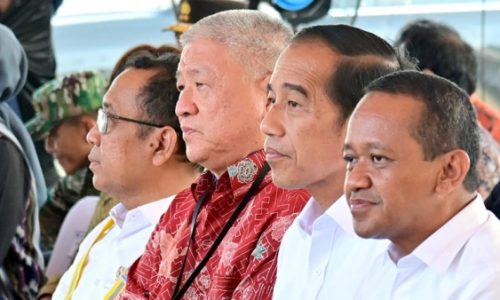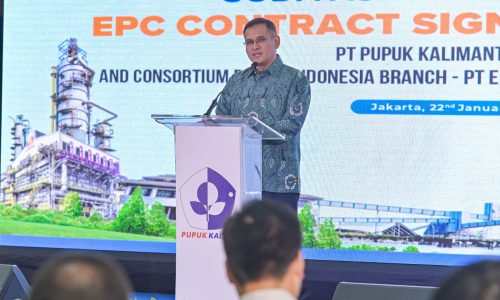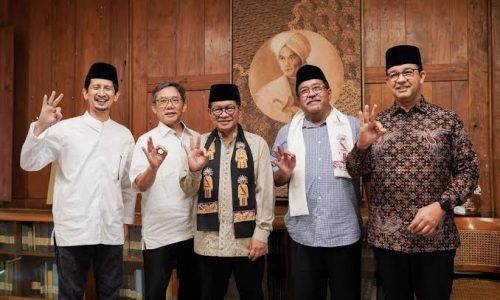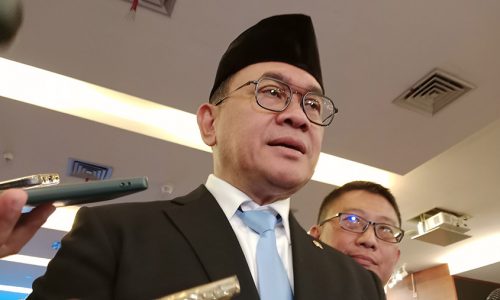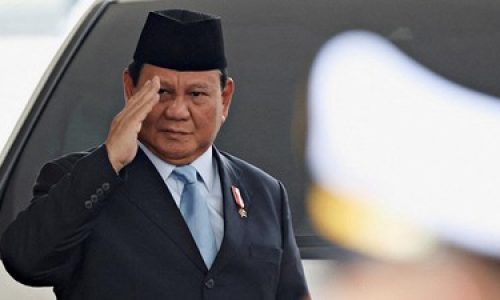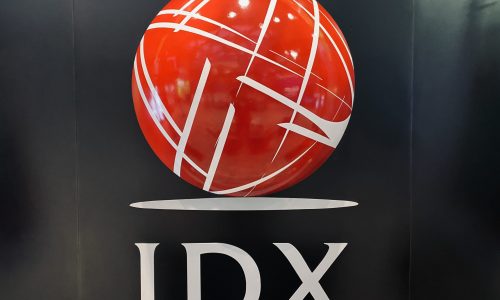The government has projected that the power generation capacity in 2060 will reach 443 gigawatts (GW), some 79 percent of which will come from new renewable energy (EBT).
“The power generation capacity is projected to reach 443 GW in 2060, some 79 percent of which will come from EBT, such as solar and wind power supported by energy storage technology,” Deputy Minister of Energy and Mineral Resources (ESDM), Yuliot Tanjung, told a hearing with Energy and Investment Commission XII of the House of Representatives in Jakarta on Thursday, January 23, 2025.
The government is also preparing policies to develop power plants, including accelerating the development of nuclear power plants in 2029-2032. In addition, the government will also develop floating solar power plants (PLTS) and geothermal power plants (PLTP) massively.
“The policies taken in the development of power plants include the development of ocean current power plants starting in 2028-2029 and the development of nuclear power plants which is being accelerated in 2029-2032,” Yuliot said.
A senior official at the ESDM ministry, Eniya Listiani Dewi, said that the 72 percent renewable energy target set in the National Electricity General Plan (RUKN) until 2060 is intended to support the energy self-sufficiency plan that has been initiated by President Prabowo Subianto.
She cited that the renewable energy mix projection until the end of 2024 is estimated to reach 14 percent of the total national energy. To realize the long-term target, the Ministry of Energy and Mineral Resources has received various investment offers from several countries, including for the development of nuclear energy.
“Including nuclear energy, some countries have come to offer a pre-Feasibility Study (pre-FS). We are very careful in responding to these offers,” Eniya said.
She emphasized the importance of being careful in determining investment and cooperation models, including choosing countries that will be partners.
She maintained, however, that the development of nuclear energy has a high level of complexity.
“We should learn from several countries. Some use the Government to Government (G to G) model, some Business to Government (B to G), and there are also funding structures that involve collaboration between governments. This is very complex,” she said.



